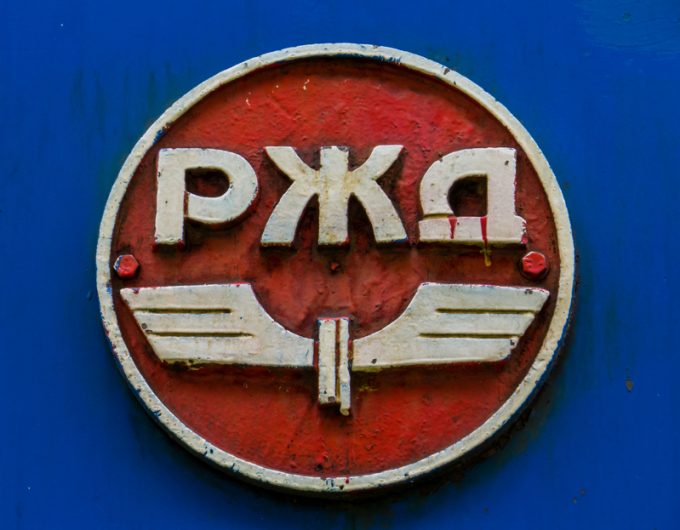US shippers slam USTR port fee plan – 'an apocalypse for trade'
The Trump administration’s plan to revive US shipbuilding by levying hefty fees on China-built or ...

Russian Railways is continuing to reorient operations as more sanctions take hold, and its first-quarter figures show the effort may be working, with it regaining some lost ground.
Following the Russian government’s decision to invade Ukraine, the country’s rail container volumes fell off a cliff, with a 15.8% full-year decline. But efforts by Russian Railways to shift its direction of trade appear to at least be reducing its volume deficit.
The operator reportedly posted an 8.5% year-on-year improvement in container trade over ...
Asia-USEC shippers to lose 42% capacity in a surge of blanked sailings
Why ROI is driving a shift to smart reefer containers
USTR fees will lead to 'complete destabilisation' of container shipping alliances
New USTR port fees threaten shipping and global supply chains, says Cosco
Outlook for container shipping 'more uncertain now than at the onset of Covid'
Transpac container service closures mount
DHL Express suspends non-de minimis B2C parcels to US consumers

Comment on this article